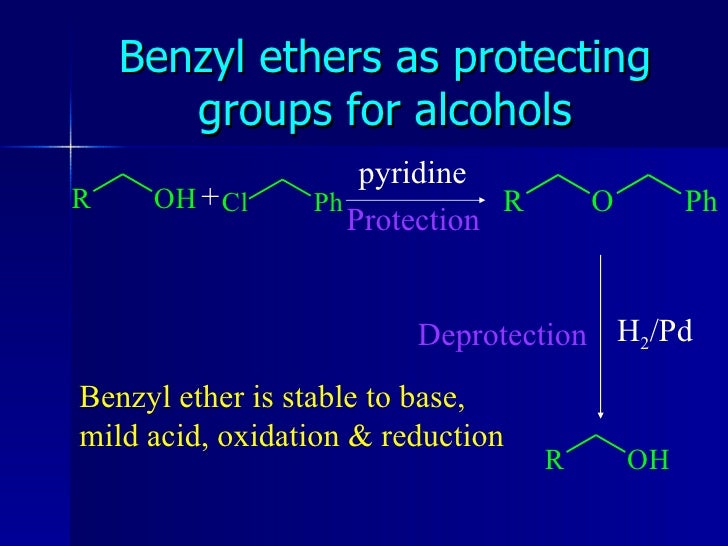
Protecting Groups
Common protecting groups Alcohol protecting groups Protection of alcohols : Protection of alcohol as tetrahydropyranyl ether followed by deprotection. Both steps require acid catalysts. Acetyl (Ac) - Removed by acid or base (see Acetoxy group ). Benzoyl (Bz) - Removed by acid or base, more stable than Ac group.
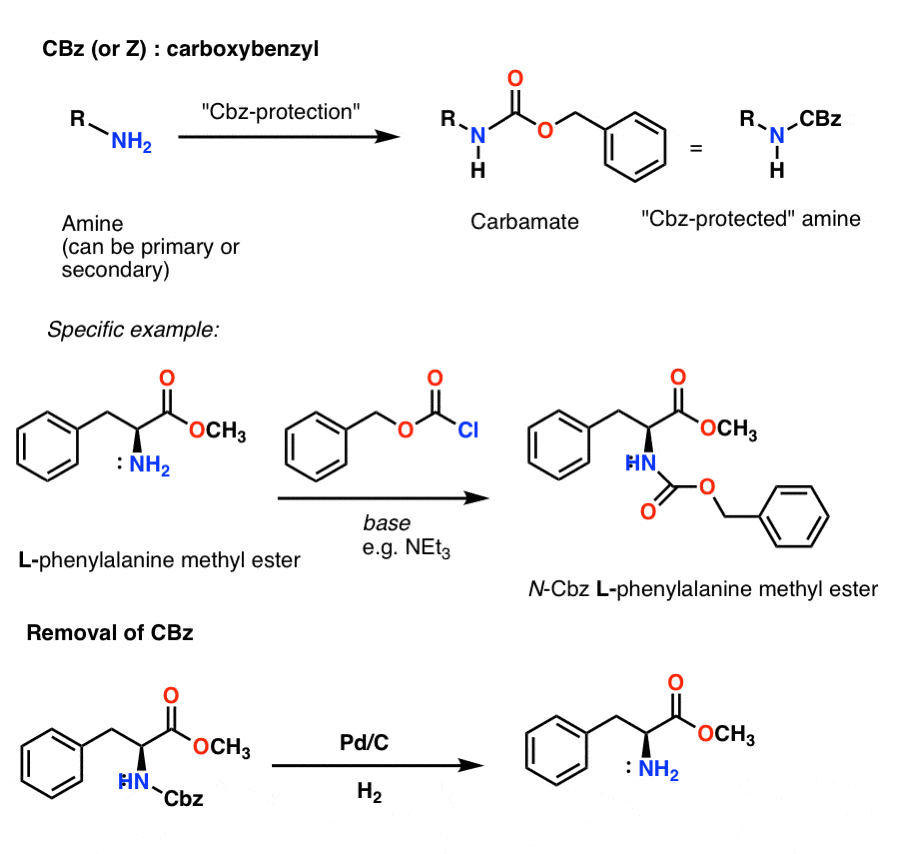
Protecting Groups for Amines Carbamates Master Organic Chemistry
A list of typical conditions for benzyl deprotection. 1) Kocienski, P. J.; Protecting Groups, 3rd Edition 2) Wuts, P. G. M.; Greene, T. W.; Greene's Protective Groups.

Benzyl ether (Bn)protecting group.
Facile Hydrogenative Deprotection of N-Benzyl Groups Using a Mixed Catalyst of Palladium and Niobic Acid-on-Carbon Yuta Yamamoto , Eisho Shimizu , Kazuho Ban , Yoshiyuki Wada , Tomoteru Mizusaki , Masatoshi Yoshimura , Yukio Takagi , Yoshinari Sawama* , and Hironao Sajiki* Cite this: ACS Omega 2020, 5, 6, 2699-2709

(a) Cys thiol protection with the benzyl (Bn/Bzl) protecting group (b)... Download Scientific
Some Common Protecting Groups in Organic Synthesis. Hydroxyl (OH) ( OH) protecting groups in Organic Synthesis. Protection of alcohols: Acetyl (Ac) ( Ac) - Removed by acid or base. Benzoyl (Bz) ( Bz) - Removed by acid or base, more stable than Ac Ac group. Benzyl ( Bn Bn, Bnl Bnl) - Removed by hydrogenolysis. Bn Bn group is widely used in.
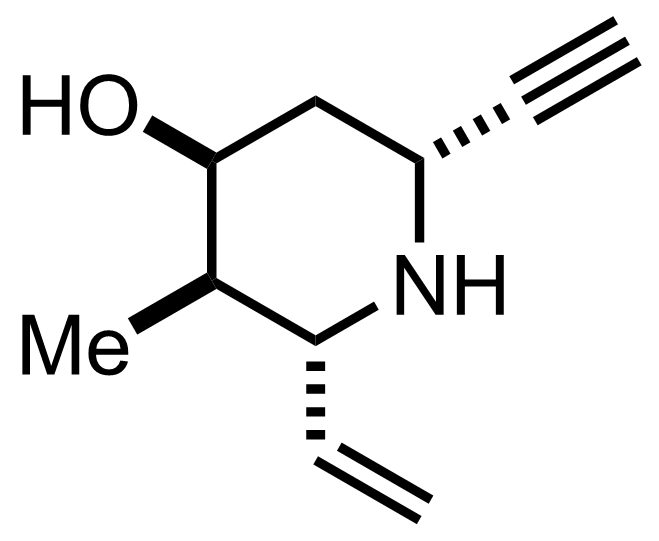
Benzyloxy carbamate (CBz)protecting group.
The protecting group on a carbohydrate plays the pivotal role in modulating the reactivity of the (mono)saccharide, and this section will describe how protecting group can be used to control stereoselective transformations (most importantly, glycosylation reactions) and reactivity-driven one-pot synthetic strategies.
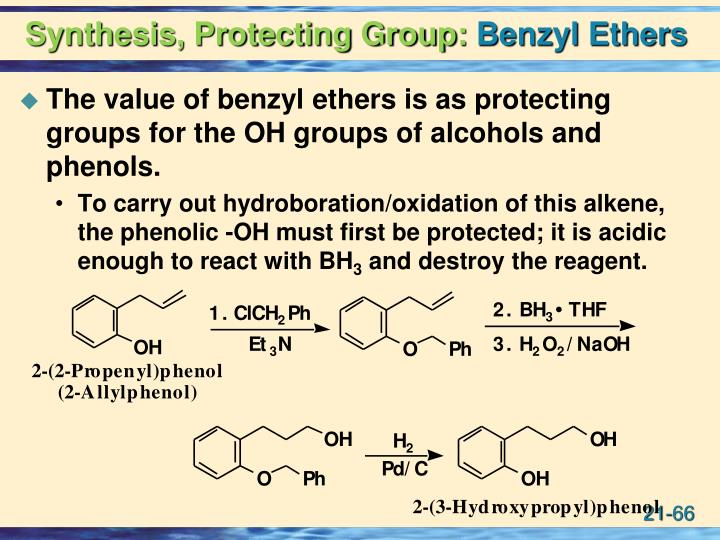
PPT Chapter 21, Benzene and and the Concept of Aromaticity PowerPoint Presentation ID142374
The benzyl group as well as its derivatives are widely adopted as protecting groups in chemical synthesis. Most of the debenzylation protocols are realized by transition-metal catalyzed hydrogenolysis or Birch reduction. However, the flammability of hydrogen and alkalis, harsh conditions, and low functional-group compatibility impede its utility.
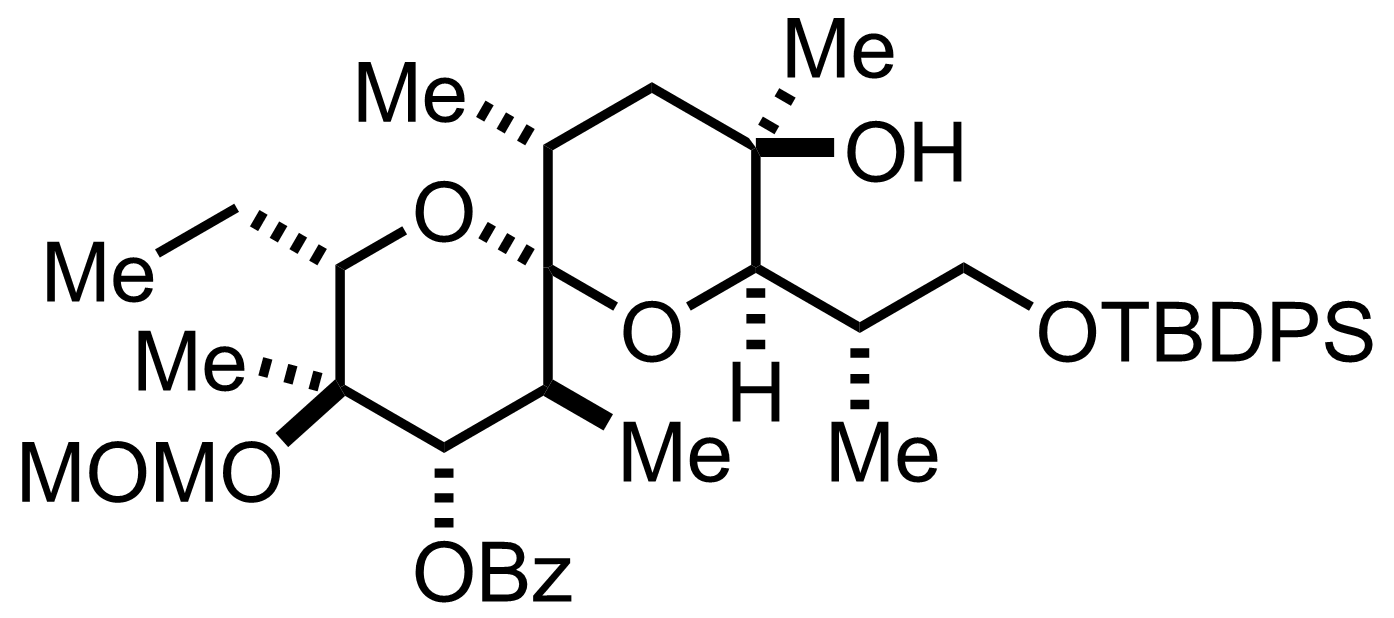
Benzyl ether (Bn)protecting group.
A non-hydrogenolytic mild deprotection strategy for stable benzyl protection of hydroxyl group is one of the long-cherished goals in multistep synthesis involving carbohydrates or compounds with multiple hydroxyl groups. A greener organo-photocatalytic method has been developed for mild and efficient visible light catalytic.
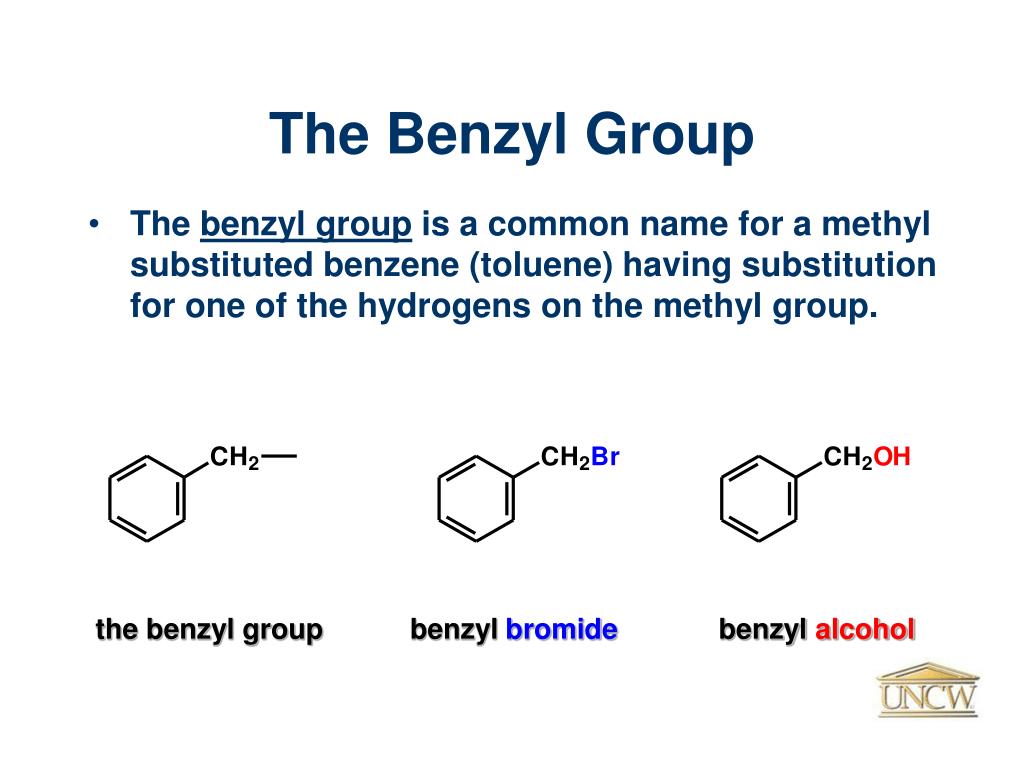
PPT Aromatic Nomenclature PowerPoint Presentation, free download ID5172827
The benzyl group as well as its derivatives are widely adopted as protecting groups in chemical synthesis. Most of the debenzylation protocols are realized by transition-metal catalyzed hydrogenolysis or Birch reduction. However, the flammability of hydrogen and alkalis, harsh conditions, and low functional-group compatibility impede its utility.

(PDF) VisibleLightMediated Oxidative Debenzylation Enables the Use of Benzyl Ethers as
Every protecting group adds at least one, if not two steps to a synthesis They only detract from the overall efficiency and beauty of a route, but, without them,. cleavable groups DDQ benzyl ether p-methoxybenzyl ether. Protective Groups: Orthogonal Sets of Protecting Groups 9. Dissolving Metal Reduction OR Li/NH3, t-BuOH +ROH O OR

Benzyl ether (Bn)protecting group.
Remote Electronic Effects by Ether Protecting Groups Fine-Tune Glycosyl Donor Reactivity. The Journal of Organic Chemistry 2016, 81 (12). 1,2- cis -Selective glucosylation enabled by halogenated benzyl protecting groups. Organic & Biomolecular.

Phenyl vs Benzyl Groups YouTube
75 of The Top 100 Retailers Can Be Found on eBay. Find Great Deals from the Top Retailers. eBay Is Here For You with Money Back Guarantee and Easy Return. Get Your Benzyl Today!
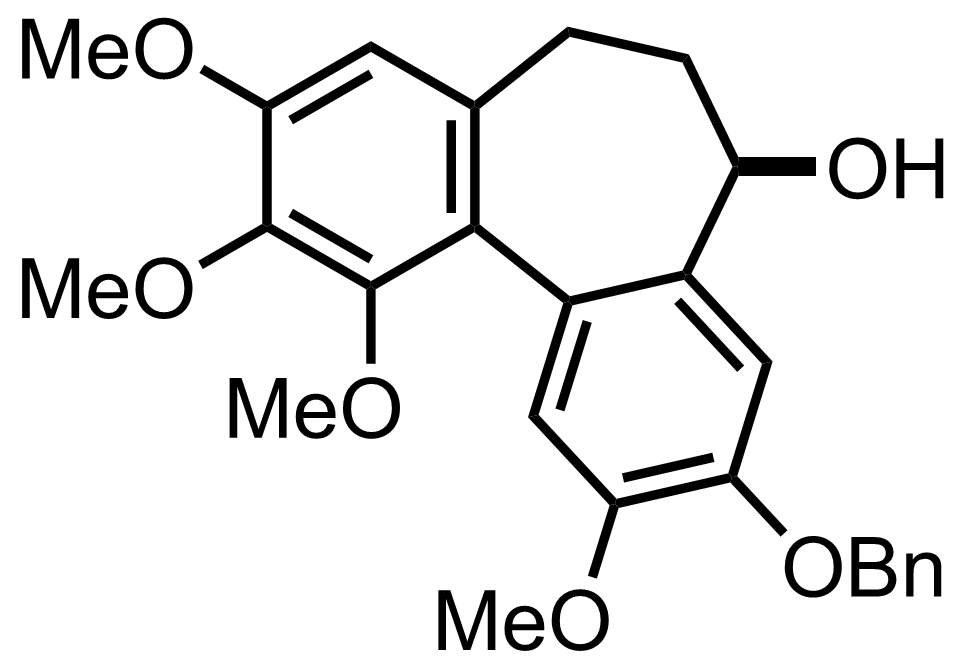
Benzyl ether (Bn)protecting group.
The benzyl group as well as its derivatives are widely adopted as protecting groups in chemical synthesis. Most of the debenzylation protocols are realized by transition-metal catalyzed hydrogenolysis or Birch reduction. However, the flammability of hydrogen and alkalis, harsh conditions, and low functional-group compatibility impede its utility.

Adding Benzyl Protecting Group Mechanism Organic Chemistry YouTube
The removal of benzyl groups from the nitrogen atom of an aziridine is a potentially useful component of protecting group chemistry. However, there are few examples of such a process. An example involving the removal of a monomethoxytrityl (mmTr) group under acidic conditions is shown in Equation (44) 〈93JOC7848〉.

Benzyl (Bn) ether as a protecting group for alcohols Chemistry lessons, Chemistry lecture
H. Sajiki, Tetrahedron Lett., 1995 , 36, 3465-3468. Benzyl esters of various acids can be chemoselectively cleaved on treatment with nickel boride in methanol at ambient temperature to give the parent carboxylic acids in high yields. Esters such as methyl, ethyl, tert -butyl, and trityl esters as well as benzyl ethers, tert -butyl ethers, and N.

Benzyl ether (Bn)protecting group.
As a protecting group Benzyl groups are occasionally employed as protecting groups in organic synthesis. Their installation and especially their removal require relatively harsh conditions, so benzyl is not typically preferred for protection.

Benzyl ether (Bn)protecting group.
Functional Groups: Amino Carbonyl Carboxyl Hydroxyl ( 1,2-; 1,3-Diols) What are protective groups? A protective group (also referred to as "protecting group") is a reversably formed derivative of an existing functional group in a molecule.